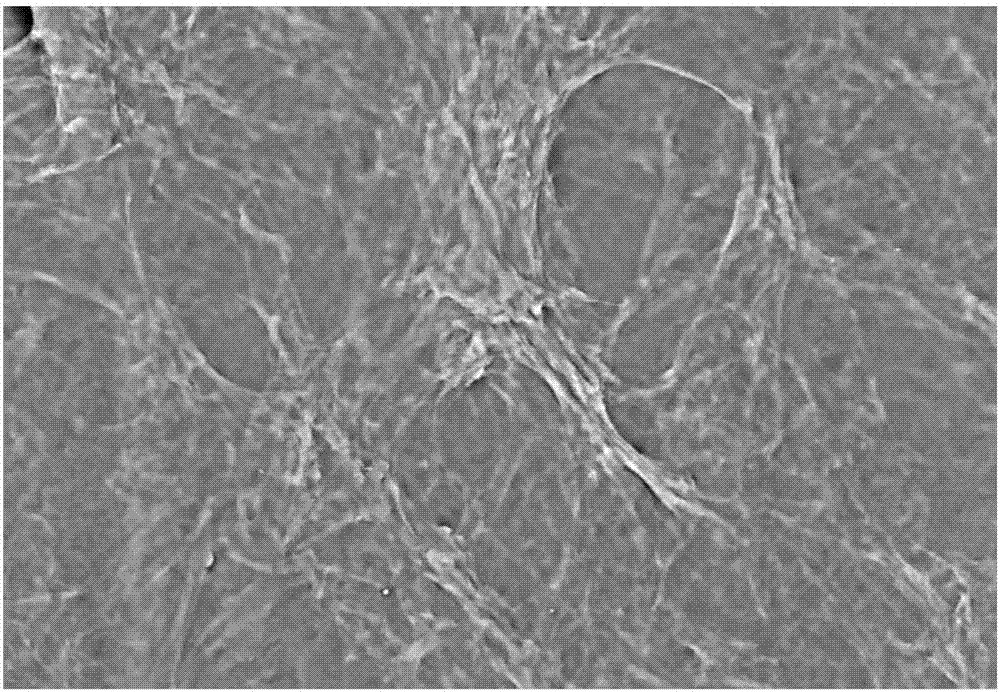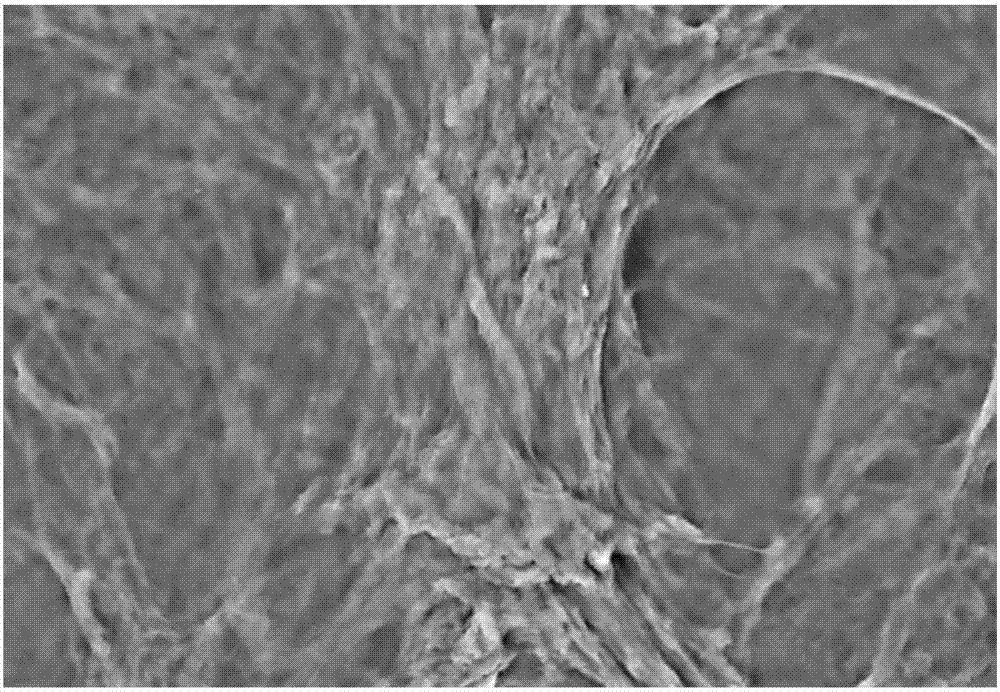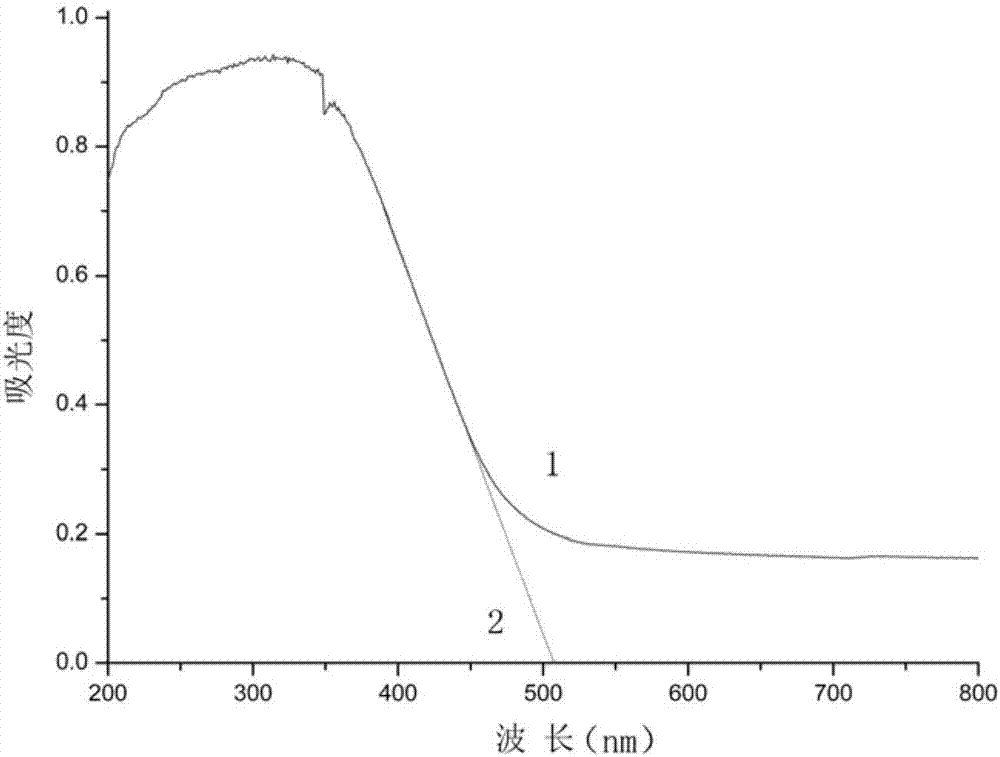Preparation method of visible-light response wood shutters
A blinds and visible light technology, applied in the field of visible light responsive wood preparation, can solve the problems of wooden blinds damage, waste of sunlight resources, wooden blinds do not have the function of responding to discoloration, etc., achieve high utilization efficiency, increase life interest, and facilitate industrialized assembly lines The effect of production
- Summary
- Abstract
- Description
- Claims
- Application Information
AI Technical Summary
Problems solved by technology
Method used
Image
Examples
specific Embodiment approach 1
[0030] Specific implementation mode 1: This implementation mode is a preparation method of visible light-responsive wooden shutters, which is completed according to the following steps:
[0031] 1. Prepare solution A:
[0032] Dissolve phosphomolybdic acid in distilled water at room temperature to obtain solution A;
[0033] The mass of phosphomolybdic acid described in step 1 is (0.3g~0.8g):100mL with the volume ratio of distilled water;
[0034] 2. Prepare the base solution:
[0035] Add polyethylene glycol and sodium alginate into distilled water, then stir for 3h to 5h at a temperature of 25°C to 35°C and a stirring speed of 700r / min to 900r / min to obtain a base solution;
[0036] The volume ratio of the quality of polyethylene glycol described in step 2 to distilled water is (1g~1.5g): 100mL;
[0037] The volume ratio of the mass of sodium alginate described in step 2 to distilled water is (0.3g~0.5g): 100mL;
[0038] 3. Preparation of coating solution:
[0039] Add ...
specific Embodiment approach 2
[0050] Embodiment 2: This embodiment differs from Embodiment 1 in that: the thickness of the coating on the surface of the visible light responsive wooden shutter described in step 4 is 10 μm˜15 μm. Other steps are the same as in the first embodiment.
specific Embodiment approach 3
[0051] Specific embodiment three: the difference between this embodiment and specific embodiment one or two is: the mass of phosphomolybdic acid described in step one and the volume ratio of distilled water are (0.3g~0.5g):100mL. Other steps are the same as those in Embodiment 1 or 2.
PUM
| Property | Measurement | Unit |
|---|---|---|
| thickness | aaaaa | aaaaa |
| thickness | aaaaa | aaaaa |
Abstract
Description
Claims
Application Information
 Login to View More
Login to View More - R&D
- Intellectual Property
- Life Sciences
- Materials
- Tech Scout
- Unparalleled Data Quality
- Higher Quality Content
- 60% Fewer Hallucinations
Browse by: Latest US Patents, China's latest patents, Technical Efficacy Thesaurus, Application Domain, Technology Topic, Popular Technical Reports.
© 2025 PatSnap. All rights reserved.Legal|Privacy policy|Modern Slavery Act Transparency Statement|Sitemap|About US| Contact US: help@patsnap.com



